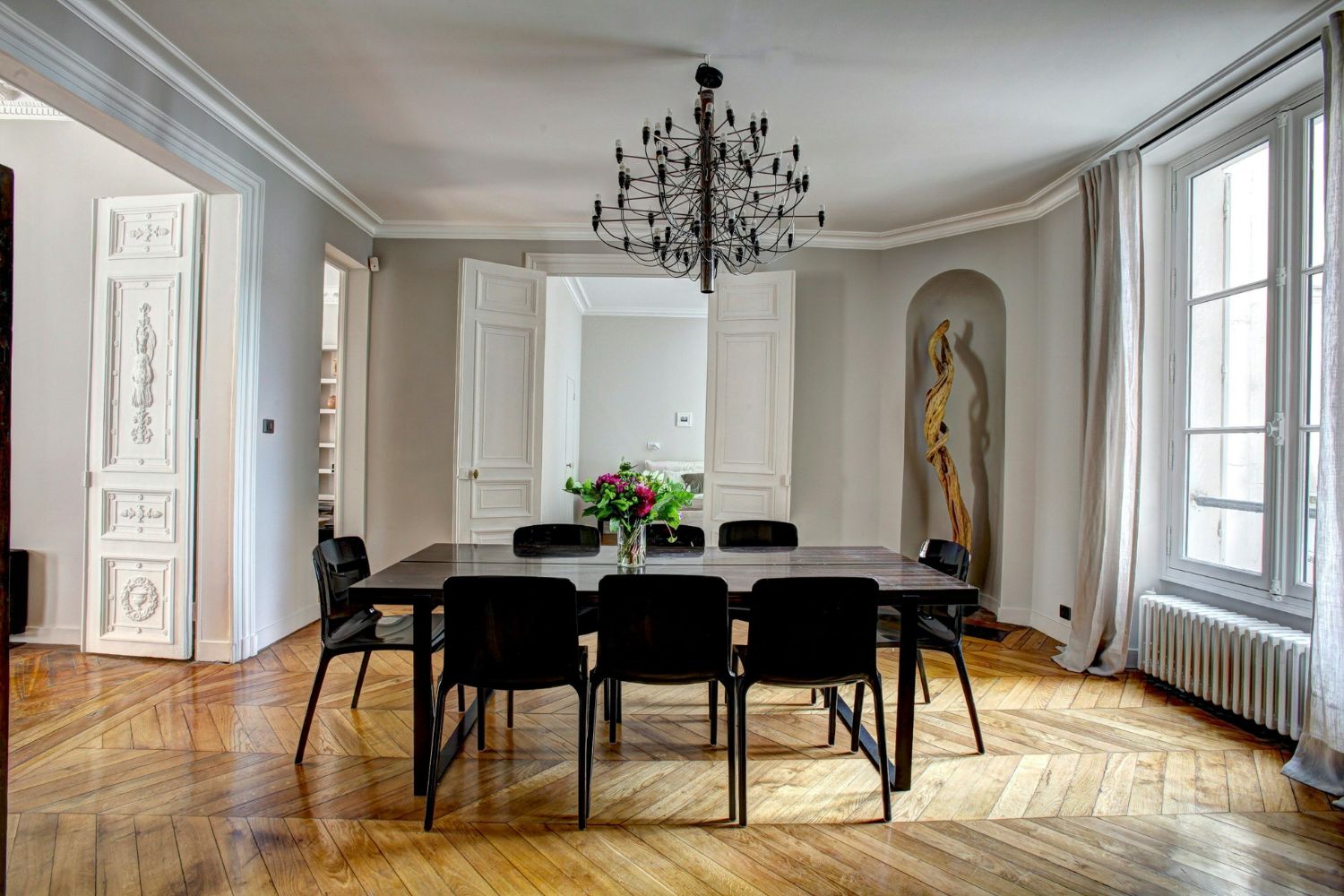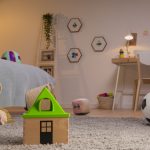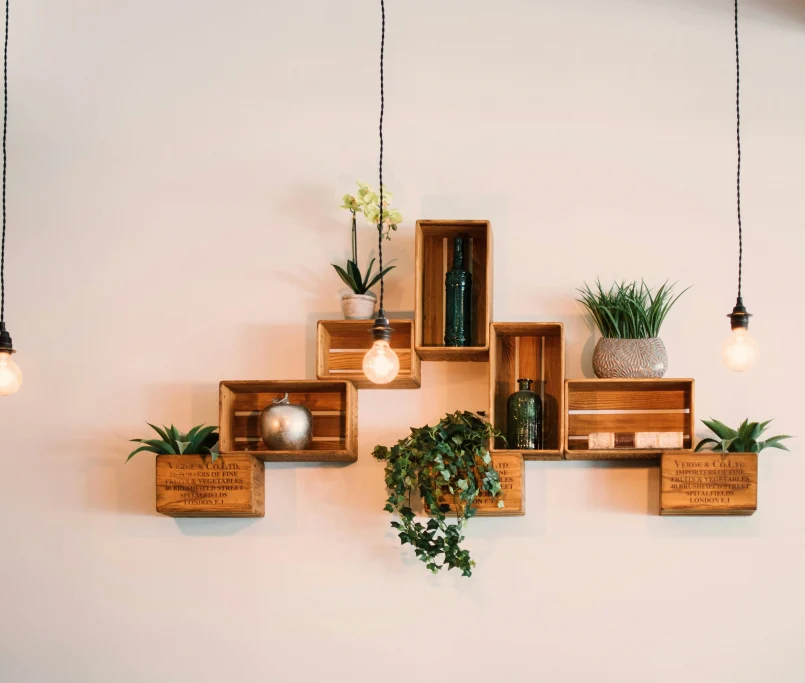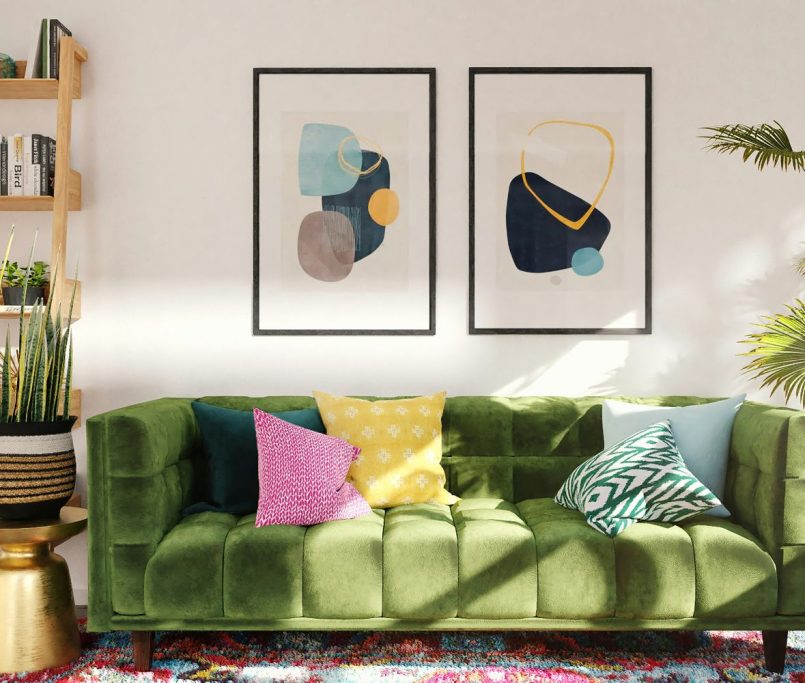Modern Interior Design Essentials
Modern interior design has become synonymous with sleek lines, minimalism, and innovative use of space. In today’s fast-paced world, individuals seek spaces that not only reflect their personality but also incorporate the latest trends in design. Let’s delve into the essential requirements for achieving a modern and stylish interior.
Table of Contents
Key Elements of Modern Interior Design
Minimalism: In the modern design landscape, less is often more. Embracing minimalism involves decluttering spaces, utilizing functional furniture, and creating an environment that exudes simplicity and sophistication.
Clean Lines and Geometric Shapes: The use of clean lines and geometric shapes is a hallmark of modern design. Furniture with sharp angles and well-defined forms contributes to a visually appealing and organized space.
Use of Technology: Modern interior design seamlessly integrates technology into living spaces. Smart home systems, automated lighting, and cutting-edge appliances are essential elements for a contemporary home.
Sustainable Materials: As environmental consciousness grows, modern interior design emphasizes the use of sustainable materials. From eco-friendly furniture to recycled decor, sustainability is a key requirement in today’s designs.
Color Schemes in Modern Interior Design
Neutral Colors: Neutral color palettes, such as whites, grays, and beige, dominate modern interiors. These hues create a clean and timeless backdrop, allowing other design elements to stand out.
Bold Accents: While neutrals prevail, modern interiors often incorporate bold accent colors to add vibrancy and personality. Whether through a statement wall or colorful decor, these accents provide a striking contrast.
Furniture Trends in Modern Interior Design
Multifunctional Furniture: Maximizing functionality is crucial in modern design. Multifunctional furniture, such as storage-integrated seating and convertible pieces, optimizes space without compromising style.
Statement Pieces: Investing in statement furniture pieces can elevate the overall design of a room. A unique sofa or a designer coffee table can serve as focal points, adding character to the space.
Lighting Design
Natural Light Integration: Modern interior design embraces natural light. Large windows and open spaces allow abundant sunlight, creating a bright and inviting atmosphere.
Innovative Lighting Fixtures: Beyond natural light, modern design incorporates innovative lighting fixtures. Pendant lights, track lighting, and LED strips contribute to a well-lit and aesthetically pleasing environment.
Importance of Space Planning
Open Floor Plans: Creating a sense of openness is fundamental in modern interior design. Open floor plans eliminate unnecessary partitions, fostering a fluid and connected living space.
Strategic Placement of Furniture: Thoughtful arrangement of furniture is crucial for optimizing space. Strategic placement ensures functionality while maintaining a cohesive and balanced aesthetic.
Art and Decor
Contemporary Art: Modern interiors often feature contemporary art pieces that serve as focal points. Art adds a personal touch and enhances the overall aesthetic of the space.
Personalized Decor: From customized furniture to unique decor items, personalization is a requirement in modern interior design. It reflects the homeowner’s individuality and creates a one-of-a-kind living space.
Technology Integration
Smart Home Systems: The integration of smart home systems, including automated lighting, security, and climate control, aligns with the technological demands of modern living.
High-Tech Appliances: Modern kitchens and living spaces incorporate high-tech appliances that enhance convenience and efficiency. From smart refrigerators to advanced entertainment systems, technology is seamlessly woven into the design.
Challenges in Modern Interior Designing
Balancing Functionality and Aesthetics: Achieving a balance between functionality and aesthetics is a common challenge. Ensuring that a space is not only visually appealing but also practical requires careful consideration.
Budget Constraints: While modern design can be associated with luxury, budget constraints are a reality. Navigating cost-effective options without compromising on quality is a constant challenge for designers and homeowners alike.
Case Studies
Showcasing Successful Modern Interior Design Projects: Examining real-life examples of successful modern interior design projects provides inspiration and insights into effective design strategies.
Lessons Learned: Reflecting on the challenges and triumphs of past projects offers valuable lessons for both designers and homeowners embarking on a modern design journey.
Hiring a Professional Interior Designer
Benefits of Professional Guidance: The expertise of a professional interior designer can be invaluable. From conceptualization to execution, a skilled designer ensures a seamless and well-executed design.
Choosing the Right Designer: Selecting the right interior designer involves considering their portfolio, design philosophy, and compatibility with the homeowner’s vision.
DIY Tips for Modern Interior Design
Budget-Friendly Ideas: Not every modern interior design update requires a significant investment. DIY projects, such as repurposing furniture or creating handmade decor, offer cost-effective solutions.
Quick Transformations: Simple and quick updates, such as changing hardware or rearranging furniture, can make a substantial difference in the overall look and feel of a space.
Future Trends in Interior Design
Emerging Innovations: Staying ahead of trends involves anticipating emerging innovations, whether in materials, technology, or design concepts.
Sustainable Practices: The future of interior design leans towards sustainability. Embracing eco-friendly practices and materials is expected to become even more prominent in the years to come.
Conclusion
In conclusion, modern interior design requirements encompass a harmonious blend of minimalism, technology, sustainability, and personalization. By carefully considering each element, homeowners can create spaces that are not only aesthetically pleasing but also functional and reflective of their unique style. If you have any further requirement related Interior Design Gurgaon, Please feel free to contact us.
FAQs (Frequently Asked Questions)
Does modern interior design work well exclusively in spacious environments?
No, modern interior design principles can be adapted to suit spaces of various sizes. The key is efficient use of space and strategic design choices.
How can I incorporate sustainability into my modern interior design?
Choose furniture and materials that are eco-friendly, opt for energy-efficient appliances, and consider repurposing or up-cycling existing items.
What role does lighting play in modern interior design?
Lighting is crucial in creating the right ambiance. Natural light is favoured, and innovative fixtures add both functionality and style.
Should I hire a professional interior designer for a small project?
While it’s not mandatory, a professional can provide valuable insights and ensure a cohesive design, even for smaller projects. If you are interested in interior design surrounding Delhi, Gurgaon, Noida, Faridabad & Ghaziabad then feel free to contact us.




